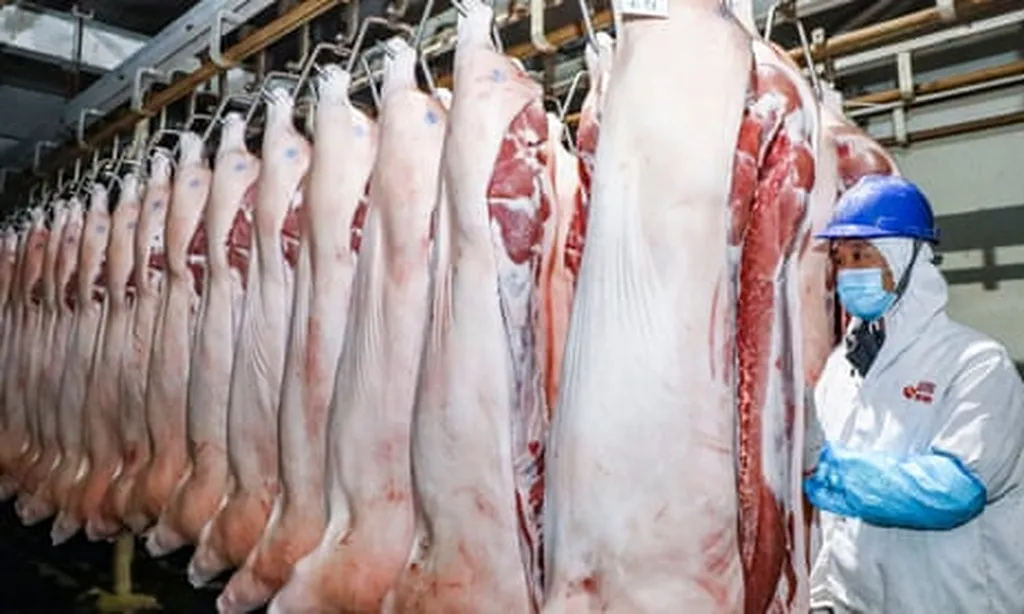In the heart of Jiangsu University, Zhenjiang, China, a team of researchers led by Xuehua Song from the School of Computer Science and Communication Engineering is tackling some of the most pressing challenges in agricultural image processing. Their work, published in the journal *Applied Sciences* (translated from Chinese as “Applied Sciences”), is paving the way for smarter, more sustainable farming practices with significant commercial implications for the agricultural sector.
Agricultural image processing technology is revolutionizing the way farmers monitor crops, detect diseases, and predict yields. However, practical implementation has faced hurdles such as environmental interference, data scarcity, and the challenge of deploying models on resource-constrained edge devices. Song and her team have systematically reviewed recent advances to address these issues, focusing on three core aspects: environmental robustness, data efficiency, and model deployment.
One of the key findings highlights the potential of attention mechanisms, Transformers, multi-scale feature fusion, and domain adaptation to enhance model robustness under complex conditions. “These techniques allow models to better adapt to varying environmental factors, ensuring more accurate and reliable results in real-world farming scenarios,” Song explains.
Data limitations have also been a significant challenge. The team found that self-supervised learning, transfer learning, GAN-based data augmentation, SMOTE improvements, and Focal loss optimization can effectively alleviate data scarcity and imbalance. “By leveraging these methods, we can train models with fewer data points, making the technology more accessible and practical for farmers,” Song adds.
Model compression techniques such as pruning, quantization, and knowledge distillation are facilitating efficient deployment on edge devices. This is crucial for real-time monitoring and decision-making in the field. “Our goal is to make these advanced technologies accessible and practical for farmers, ultimately leading to more efficient and sustainable agricultural practices,” Song states.
Looking ahead, the research suggests that future developments should focus on multi-modal fusion, causal reasoning, edge–cloud collaboration, and dedicated hardware acceleration. Integrating agricultural expertise with AI is essential for promoting large-scale adoption and achieving intelligent, sustainable agricultural systems.
The implications for the agricultural sector are profound. As the global population grows, the demand for food increases, and the need for efficient, sustainable farming practices becomes ever more critical. This research not only addresses current challenges but also sets the stage for future innovations that could transform the industry.
In the words of Song, “The future of agriculture lies in the integration of advanced technologies and domain expertise. By working together, we can create smarter, more sustainable farming practices that benefit both farmers and consumers.”
As the agricultural sector continues to evolve, the work of Song and her team serves as a beacon of innovation, guiding the way towards a more efficient and sustainable future.

